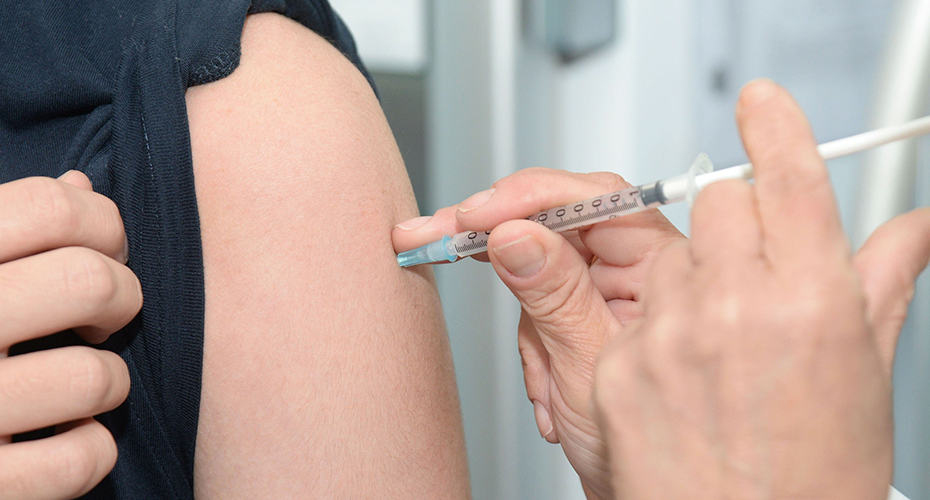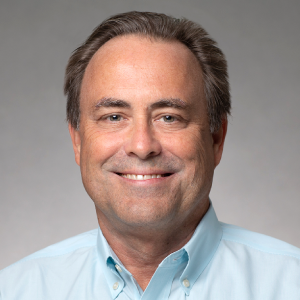Oct 15, 2019
Measles case in Boston spurs warnings by clinicians
For the first time since 2013, a Boston resident has been diagnosed with the measles. The Boston Public Health Commission this week reported that the person was diagnosed Oct. 6 and, while infectious, visited five places where others may have been exposed:
- Render Coffee, 563 Columbus Avenue, South End on Friday, Oct. 4, 1:30 to 4:30 p.m.
- Cafe Madeleine, 517 Columbus Avenue, South End on Friday, Oct. 4. 2:30 to 4:45 p.m.
- Gyroscope, 305 Huntington Avenue, Fenway on Friday on Oct. 4, 6:30 to 9:30 p.m.
- CouCou, 24 Union Park Street, South End on Saturday, Oct. 5, 11:30 a.m.to 1:35 p.m.
- Sir Speedy, 827 Boylston Street, Back Bay on Saturday, Oct. 5, noon to 2:15 p.m.
“Anyone that may have come in contact with this person who isn’t aware of or is uncertain of their measles vaccination status should call their doctor,” said Dr. Jennifer Lo, medical director for the Boston Public Health Commission in a statement, adding, “measles is a dangerous yet preventable disease, thanks to the availability of a highly effective vaccine.”
It’s the third case of measles reported in the state this year. This spring, there were two cases of the disease in the Lowell area.
A safe and effective vaccine
A highly effective and safe vaccine to prevent the measles and two other common childhood diseases, mumps and rubella, has been available for decades. Known by the shorthand MMR vaccine, it is administered in two doses beginning when a child is a year old. Decades of research have found the two doses are 97% effective against measles, 88% effective against mumps and 97% effective against rubella, also known as German measles.
The vaccine has an excellent track record of preventing disease, according to Dr. Preeti Mehrotra, an infectious disease specialist at Boston’s Beth Israel Deaconess Medical Center.
“The measles vaccine is created from a weakened form of the virus which allows our bodies to identify and fight the virus,” Mehrotra said.
“The charm of this and other vaccines is that they offer protections against disease without causing it.”

Dr. Preeti Mehrotra
Vaccines, Mehrotra said, are the best way to stop transmission of disease in its tracks.
Vaccination of 93% to 95% of a community creates what is known as “herd immunity,” preventing outbreaks and protecting vulnerable individuals who can’t get vaccinated.
“There are certain patient populations we don’t offer the vaccine to,” said Mehrotra. “Those with weakened immune systems such as cancer patients undergoing chemotherapy, AIDS patients, pregnant women and very young infants.”
Voices on vaccines
Five parents share their reasons for making sure their kids are protected against measles and other infectious diseases
The most infectious virus known to man
Unlike viruses that spread only through contact with bodily fluids, measles is highly infectious, spreading through coughs and sneezes and able to survive in the air for up to two hours. The virus typically produces a high fever, cough, runny nose and watery eyes, followed by a red rash three to five days later. While most of those infected recover, the disease can cause serious complications, especially for children under five and those with compromised immune systems.
According to the Centers for Disease Control:
- About 1 in 5 people in the U.S. who get measles will be hospitalized
- 1 in 1,000 people with measles will develop brain swelling, which could lead to brain damage
- 1 to 3 in 1,000 measles patients will die
Even among those who don’t suffer complications, measles weakens the body’s immune system for up to three years after recovery, leaving survivors vulnerable to other infections.
Dangerous misinformation
This latest diagnosis in Massachusetts comes just as it appeared the largest outbreak of the measles in the U.S. in decades was winding down. This year, 1,250 case of the measles have been confirmed in 31 states, according to the Centers for Disease Control. Before the outbreak, measles was considered eliminated in the U.S. in 2000, thanks to the measles vaccine.
This year’s outbreak spread in part because of an anti-vaccination movement, many driven by a long-discredited study that claimed there was a link between the vaccine for measles, mumps and rubella and an increased incidence of autism as well as intestinal issues.
“There have been several major studies on autism and vaccines,” said Dr. Tom Hawkins, senior medical director of population health and analytics at Blue Cross Blue Shield of Massachusetts.
“The science is clear: Vaccines don’t cause autism.”

Dr. Tom Hawkins
“The vaccine can cause mild side effects,” agreed Mehrotra. "More serious side effects such as febrile seizures can occur, but are rare. Allergic reactions to components of the vaccine also can occur, but the benefits far outweigh the risks.”
In recent outbreaks, measles cases have been brought into the United States by unvaccinated people, most of them U.S. citizens who were infected while in other countries, according to Jason McDonald, a spokesperson for the CDC’s National Center for Immunization and Respiratory Diseases. “When measles gets into communities of other unvaccinated people in the United States, outbreaks are more likely to occur, like we are seeing this year. These communities make it difficult to control the spread of the disease and make us vulnerable to having the virus re-establish itself in our country again.”
An urgent need to protect the most vulnerable
Patsy Stinchfield has cared for kids in three separate measles outbreaks. A pediatric nurse practitioner at Children’s Hospital of Minnesota, she has seen children die from the virus and witnessed the suffering of many other youngsters and their parents.
“Measles is the most highly infectious virus known to man,” said Stinchfield, who is also the senior director of infection prevention and control at Children’s Hospital of Minnesota.
Stinchfield said she will never forget a 9-month-old boy who was infected with the measles while visiting family in Somalia, a country with little access to the vaccine.
“For 15 days this little boy was in our hospital’s pediatric intensive care unit on a ventilator,” Stinchfield recalled. “We weren’t sure he would survive.”
Stinchfield will also always remember the child’s mother, at his bedside every day racked with grief and guilt. Before the trip she had taken her children to a clinic to make sure they were current with their vaccinations. The little boy had just fallen asleep and she didn’t want him to be awakened by the vaccine.
Stinchfield recalls the mother calling it "my fateful decision." And though the boy did survive, she says, his suffering and his mother’s worry could have been prevented with a simple vaccination.
PHOTO OF Dr. TOM HAWKINS BY FAITH NINIVAGGI

